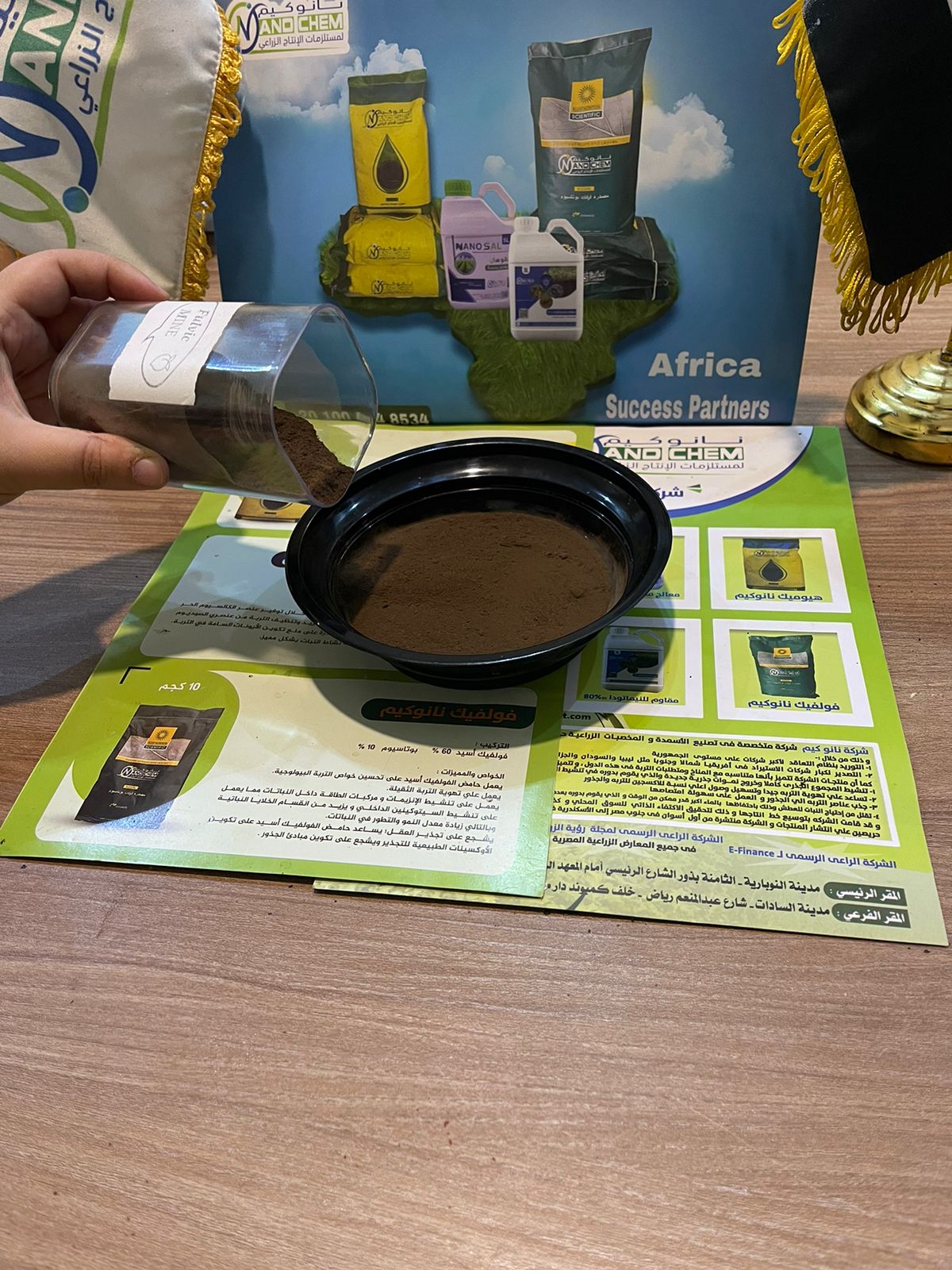Description
The importance of fulvic acid in agriculture lies in its ability to enhance plant growth, improve soil health, and increase crop yields. Here are the key points:
- Improves Nutrient Absorption: Fulvic acid acts as a chelating agent, binding with essential nutrients such as iron, zinc, and magnesium, making them more available to plants. This improves plant nutrition and overall growth.
- Increases Stress Resistance: It helps plants cope with environmental stresses such as drought, salinity, and extreme temperatures by improving water absorption and reducing evaporation.
- Promotes Root Growth: Fulvic acid stimulates root development, allowing plants to absorb more water and nutrients from the soil, resulting in faster and healthier growth.
- Enhances Soil Structure: It improves soil structure by increasing its water retention capacity, which helps reduce water loss and enhances irrigation efficiency.
- Boosts Microbial Activity: Fulvic acid encourages the growth of beneficial soil microorganisms, which break down organic matter and release essential nutrients into the soil for plant use.
- Improves Crop Quality: It enhances the quality of crops by improving taste, size, and nutritional value, making them more marketable and beneficial for consumers.
- Increases Agricultural Efficiency: Fulvic acid can enhance the effectiveness of fertilizers and pesticides, reducing the need for chemicals and promoting sustainable farming practices.







Reviews
There are no reviews yet.